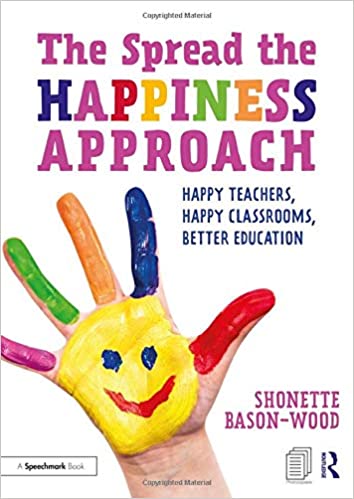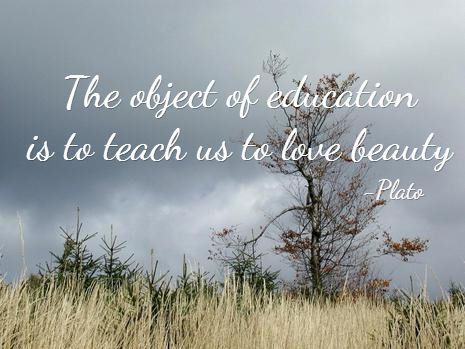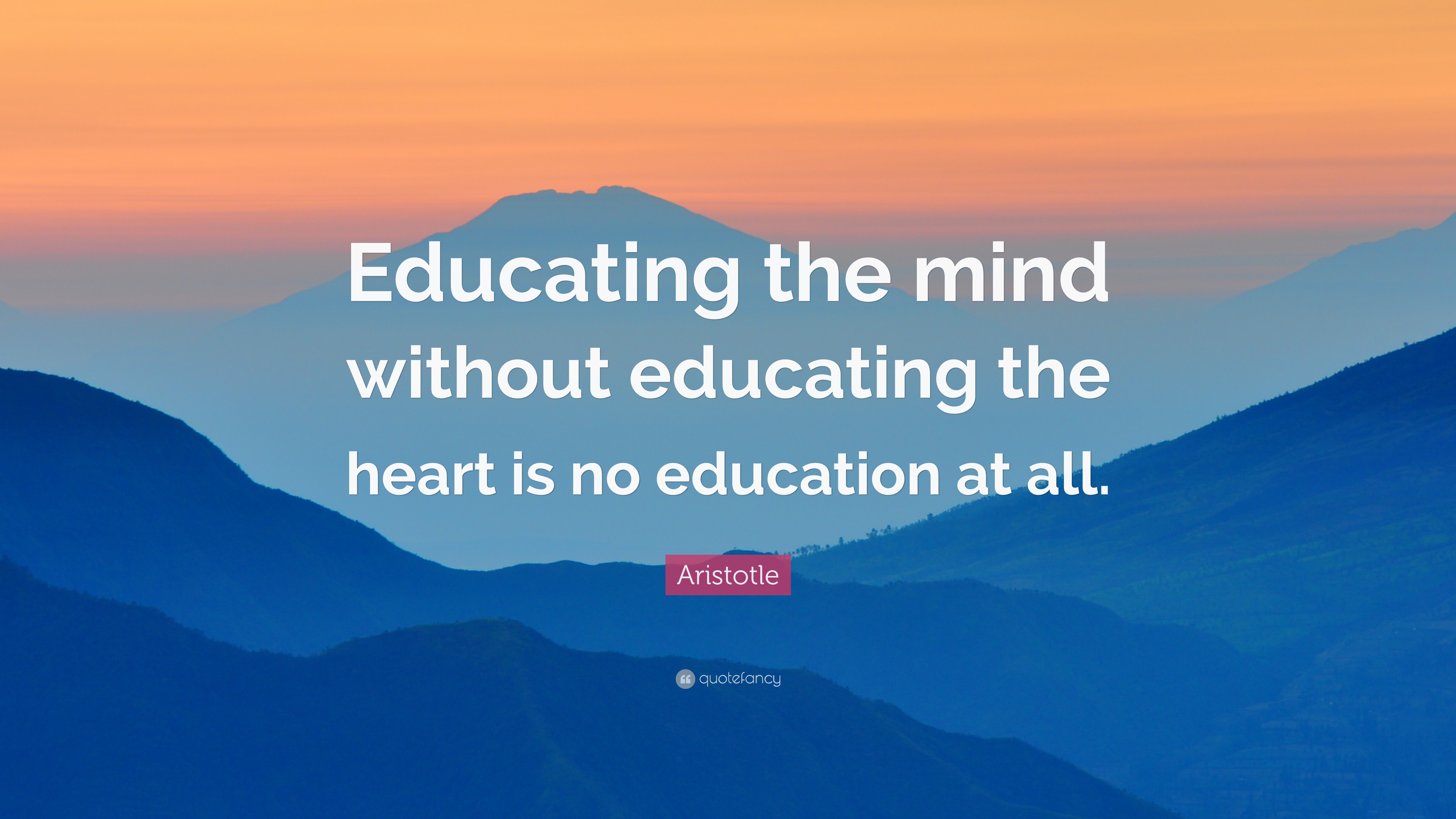A Must-read book on a Path to Create a Better World

‘Both practical and inspiring, this book is designed to empower educators and school leaders to make clear and simple adjustments to their practice for a lasting impact on the happiness and well- being of staff and children and ultimately on academic standards. It includes practical tips and activities to help teachers generate a lasting atmosphere of positivity and happiness in the classroom plus clear strategies to help leaders to embed the Spread the Happiness approach throughout their school and across the curriculum.
This book includes detailed case studies, a five-week programme of taster challenges and a section on measuring outcomes and sharing success. The Spread the Happiness approach invites teachers to undertake a 27-day challenge, which encourages problem solving and challenges them to make their immediate workplace happier. It identifies the strengths of adults and children and sets realistic goals to achieve as an individual, as a team and even as a community.
This powerful resource will be of great interest to all teachers and school leaders, as well as trainee teachers and students on leadership or early educational courses.’
Table of Contents
Chapter 1: Why Well-being in Schools Requires the Spread the Happiness Approach
Chapter 2: From Stab Vests to Superheroes. A Leadership Approach Through Spread the Happiness
Chapter 3: Method in the Madness: An International School’s Spread the Happiness Approach Journey
Chapter 4: Grassroots teachers using Spread the Happiness Approach
Chapter 5: Implementation of the Approach
Chapter 6: The 25 Day Challenges with Instructions
Chapter 7: The Challenges for use with Evidence Scrapbooks
Chapter 8: Celebrations and Happiness Ripples
Chapter 9: Second Year of Spread the Happiness Challenges
Chapter 10: Kindness is our Superpower for Educational Change
Buy the Book HERE
Learn more about Spread The Happiness
Happy Teachers, Happy Pupils, Happy Schools, Better Education, Better Lives, Better World
A Selection of offerings from our GCGI Wisdom Corner

Photo: beliefnet.com
Where is the Life we have lost in living?
Where is the wisdom we have lost in knowledge?
Where is the knowledge we have lost in information?- T. S. Eliot
'We become teachers for the reasons of the heart.
But many of us lose heart as time goes by.
How can we take heart, alone and together,
So we can give heart to our students and our world,
Which is what good teachers do?'-THE HEART OF A TEACHER

Photo: bing.com
“Some say that my teaching is nonsense.
Others call it lofty but impractical.
But to those who have looked inside themselves,
this nonsense makes perfect sense.
And to those who put it into practice,
this loftiness has roots that go deep.
I have just three things to teach:
simplicity, patience, compassion.
These three are your greatest treasures.
Simple in actions and in thoughts,
you return to the source of being.
Patient with both friends and enemies,
you accord with the way things are.
Compassionate toward yourself,
you reconcile all beings in the world.” My wise and inspiring teacher: Lao Tzu
'Let them (your pupils) study to be good rather than learned, for learning begets envy which goodness destroys. Goodness is both more useful to men and more pleasing to God than learning. It is also more enduring. We forget more quickly some fact which was quickly learned than we lose principles of conduct which we have attained by arduous daily practice. Learning in itself brings little of value, and that for only a short time, while goodness is eternal and leads to the realisation of God. Therefore, following the example of Socrates, advise your pupils to use human learning to dispel the clouds of the senses, and to bring serenity to the soul. Then will the ray of truth from the divine sun illumine the mind, and never in any other way. That is the only useful study. A man who acts otherwise labours vainly and miserably.'- My wise and inspiring teacher, Marsilio Ficino
‘It is not enough to teach a man a specialty. Through it he may become a kind of useful machine but not a harmoniously developed personality. It is essential that the student acquire an understanding of and a lively feeling for values. He must acquire a vivid sense of the beautiful and of the morally good. Otherwise he – with his specialized knowledge – more closely resembles a well-trained dog than a harmoniously developed person. He must learn to understand the motives of human beings, their illusions and their sufferings, in order to acquire a proper relationship to individual fellow men and to the community. These precious things are conveyed to the younger generation through personal contact with those who teach, not – or at least not in the main – through textbooks. It is this that primarily constitutes and preserves culture. This is what I have in mind when I recommend the ‘humanities’ as important, not just dry specialized knowledge in the fields of history and philosophy. Overemphasis on the competitive system and premature specialization on the ground of immediate usefulness kill the spirit on which all cultural life depends, specialized knowledge included. It is also vital to a valuable education that independent critical thinking be developed in the young human being, a development that is greatly jeopardized by overburdening him with too much and with too varied subjects (point system). Overburdening necessarily leads to superficiality. Teaching should be such that what is offered is perceived as a valuable gift and not as a hard duty.’- Education for Independent Thought by Albert Einstein – New York Times, October 5, 1952
“All through school and university I had been given maps of life and knowledge on which there was hardly a trace of many of the things that I most cared about and that seemed to me to be of the greatest possible importance to the conduct of my life.” My wise and inspiring teacher: E. F. Schumacher

Student Suicides at Bristol University: My Open Letter to the Vice-Chancellor, Prof. Hugh Brady
Why Happiness Should be Taught at Our Universities
Are universities failing to protect students’ wellbeing?
Nature and Me': Educating the Heart and the Soul of Children to Build a Better World
The Time is Now for Values-led Education to Make the World Truly Better and Great Again
A timeless reflection on two types of teaching and learning
Does modern economics makes us unhappy?
What if Universities Taught KINDNESS?
Silicon Valley and the Search for Happiness
Brexit, Trump and the failure of our universities to pursue wisdom
Globalisation and Education for the Common Good: A Path to Sustainability, Well-being and Happiness
Poetry is the Education that Nourishes the Heart and Nurtures the Soul
To All Striking Academic Colleagues in Britain: Turn the Strike to a Force for the Common Good
Time or Money: Which one is the path to a happier life?
The Value of Values: Values-led Education to Make the World Great Again
